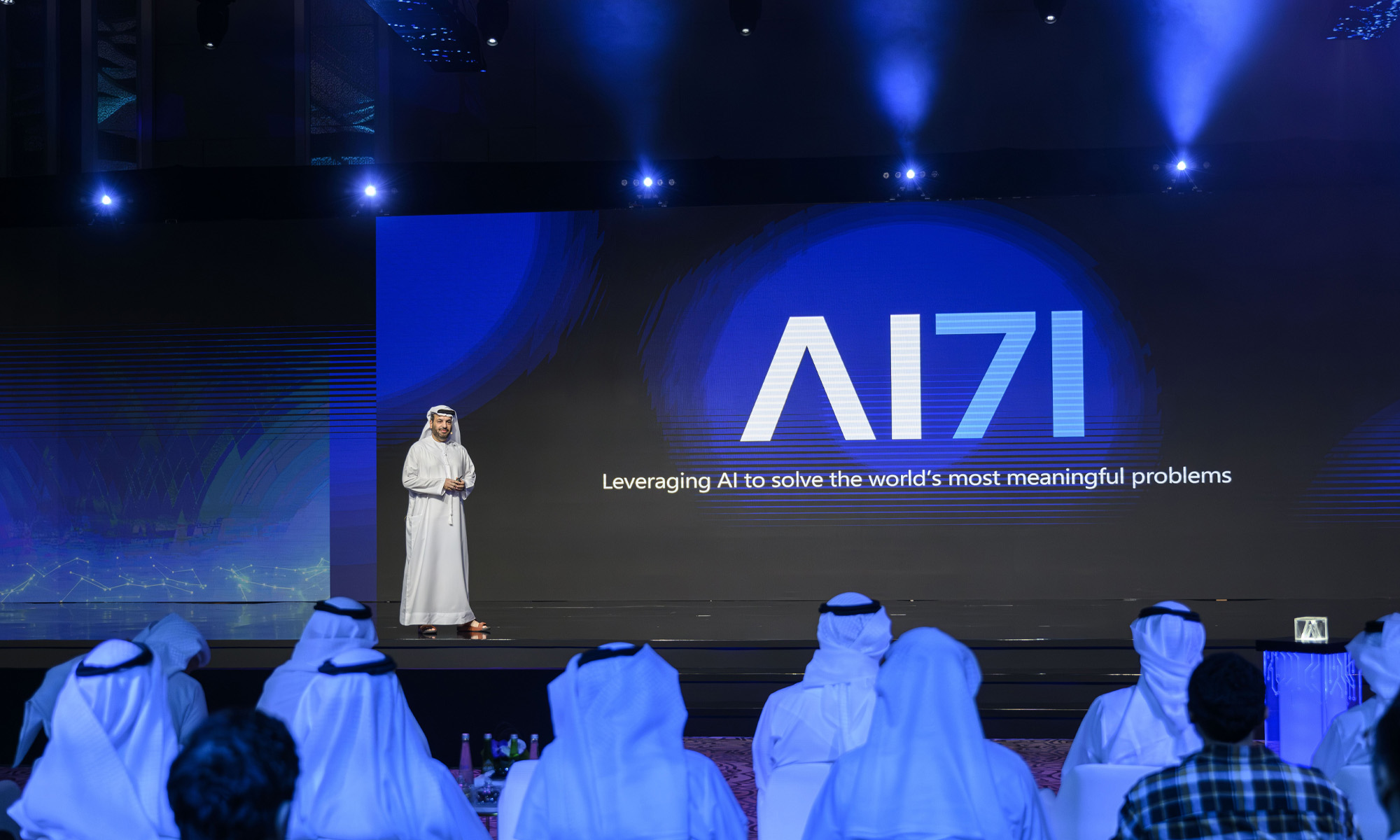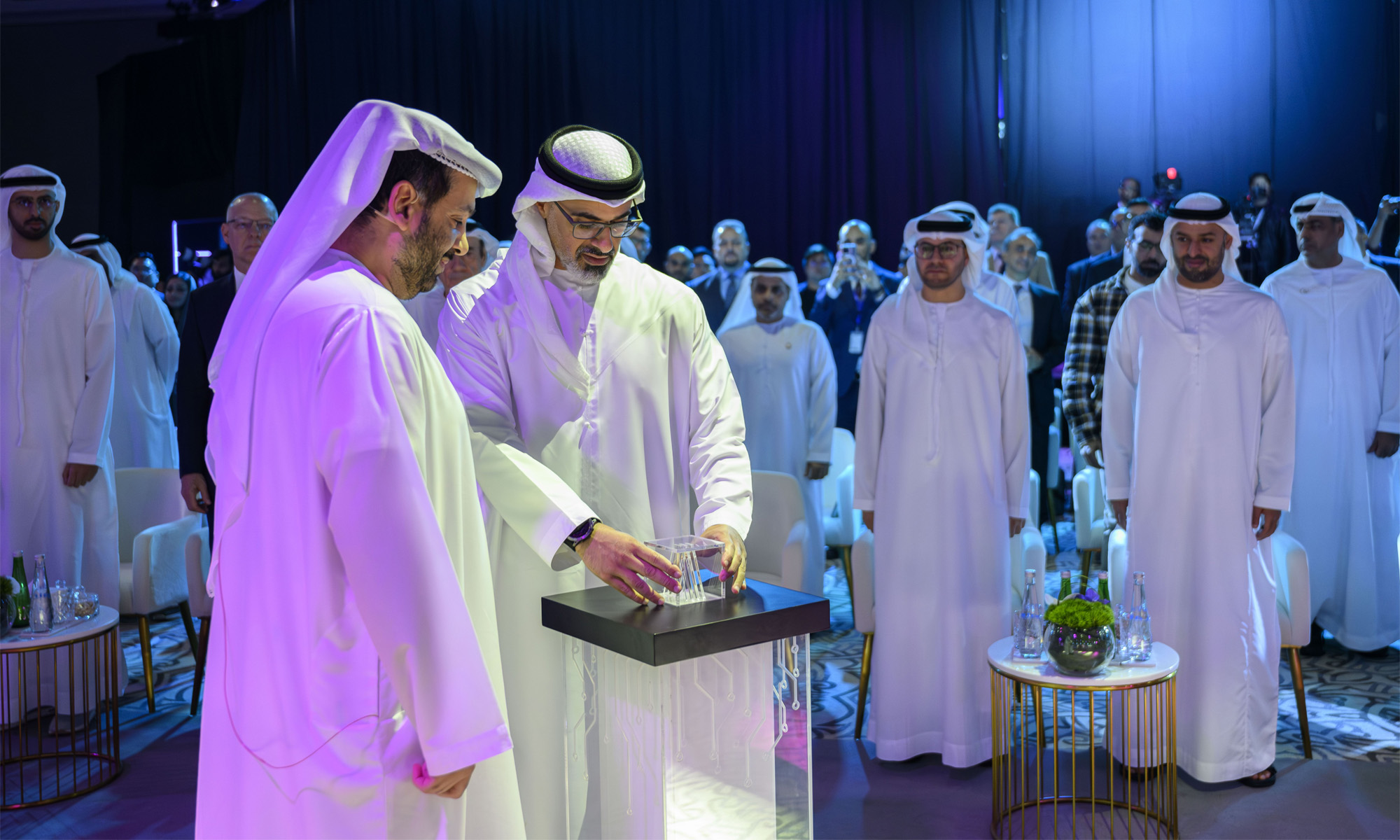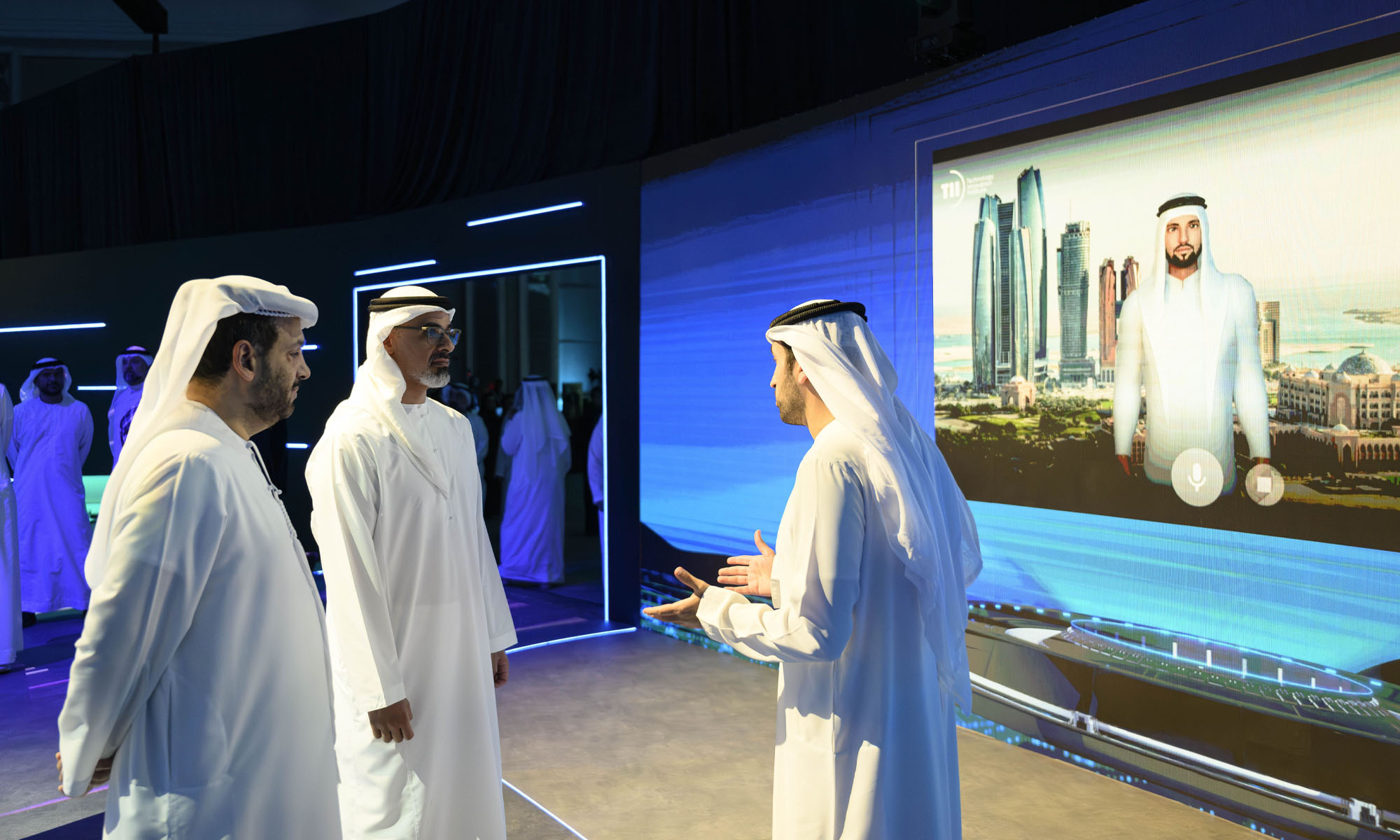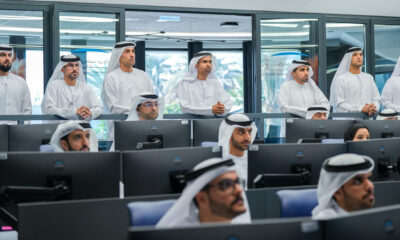News
Abu Dhabi AI Company Aims To Create Global Tech Hub
Backed by the Advanced Technology Research Council, AI71 seeks to democratize access to AI using the UAE’s Falcon large language model.

Abu Dhabi’s Advanced Technology Research Council has launched a new artificial intelligence company known as AI71 in a bid to become a global hub for the emerging technology.
The new entity will democratize access to AI and is built using the Falcon large language model developed by the research council’s Technology Innovation Institute.

AI71 will soon be taken to market by commercialization arm VentureOne and was formally launched by Sheikh Khaled bin Mohamed, Crown Prince of Abu Dhabi.

The company is designed to cater to medical, legal, education, and government fields, with “many others” to come, according to Faisal Al Bannai, secretary general of the council:
“By creating AI71, [the company] becomes a major part of driving AI use across multiple sectors. So, it increases our efficiency and ability to be much more productive and competitive globally. We will not be shy in our objectives. We will not be humble in our goals. We are determined to be a key player in shaping where AI is going globally. AI71 will play a pivotal role in this journey”.
Also Read: How (And Why) To Start A Tech Business In Dubai
AI71 has already signed an agreement with the Minister of State for Artificial Intelligence, Digital Economy and Remote Work Applications, Omar Al Olama, and local start-up ecosystem Hub71. Meanwhile, the company will join forces with major global corporations, including Amazon Web Services, PwC, World Wide Technology, and CNTXT.
Generative AI holds enormous economic potential. As investments in the sector continue to grow, Gulf countries are expected to generate $23.5 billion by 2030. The UAE has already made great strides in AI after recently unveiling the world’s largest Arabic natural language model.
News
Alienware Just Announced Six New Gaming Monitors
The new models include three QD-OLED and three budget-friendly QHD options, expanding the company’s lineup for all gamers.

Alienware has just updated its gaming monitor lineup with six new additions, including the highly anticipated Alienware 27 4K QD-OLED Monitor. The latest wave of releases is set to reach more gamers than ever, offering high-end QD-OLED displays alongside more budget-friendly options.
The latest displays clearly show that the company is doubling down on QD-OLED with three new models sporting the technology. A redesigned Alienware 34 Ultra-Wide QD-OLED Monitor is also making a return, further refining what is already a fan-favorite display.
A Unified Design: The AW30 Aesthetic
All six monitors feature Alienware’s new AW30 design language, first introduced at CES. The AW30 aesthetic brings a futuristic, minimalist look that unites the entire lineup under a cohesive visual identity.
Pushing QD-OLED Even Further
The refreshed Alienware 34 Ultra-Wide QD-OLED Monitor (AW3425DW) builds on its predecessor’s success with a 240Hz refresh rate (up from 175Hz) and HDMI 2.1 FRL support. It also gains G-SYNC Compatible certification alongside AMD FreeSync Premium Pro and VESA AdaptiveSync, ensuring ultra-smooth performance. With a WQHD (3440×1440) resolution and an 1800R curve, this display enhances immersion for both gaming and cinematic experiences.
For those who crave speed, the Alienware 27 280Hz QD-OLED Monitor (AW2725D) pairs a high refresh rate with QHD resolution, balancing sharp visuals with ultra-smooth gameplay. Meanwhile, the Alienware 27 4K QD-OLED Monitor (AW2725Q) delivers stunning clarity with an industry-leading pixel density of 166 PPI, making it the sharpest OLED or QD-OLED monitor available.
Also Read: Infinite Reality Acquires Napster In $207 Million Deal
Worried about OLED burn-in? Alienware’s entire QD-OLED lineup comes with a three-year limited warranty covering burn-in concerns, offering peace of mind for gamers investing in these high-end displays.
Bringing QHD To A Wider Audience
Alongside QD-OLED, Alienware is also releasing three new QHD gaming monitors aimed at more price-conscious gamers. The Alienware 34 Gaming Monitor (AW3425DWM), Alienware 32 Gaming Monitor (AW3225DM), and Alienware 27 Gaming Monitor (AW2725DM) provide a range of sizes and formats to suit different preferences:
- The Alienware 34 Gaming Monitor (AW3425DWM): An ultrawide (WQHD) option for a panoramic, immersive experience.
- The Alienware 32 Gaming Monitor (AW3225DM): A standard 16:9 panel for a traditional but expansive desktop setup.
- The Alienware 27 Gaming Monitor (AW2725DM): A 27” display offering the same performance in a more compact form factor.
All three gaming monitors feature a fast 180 Hz refresh rate, a 1ms gray-to-gray response time, and support for NVIDIA G-SYNC, AMD FreeSync, and VESA AdaptiveSync to eliminate screen tearing. Additionally, with 95% DCI-P3 color coverage and VESA DisplayHDR400 certification, these displays deliver vibrant colors and high dynamic range for lifelike visuals.


























